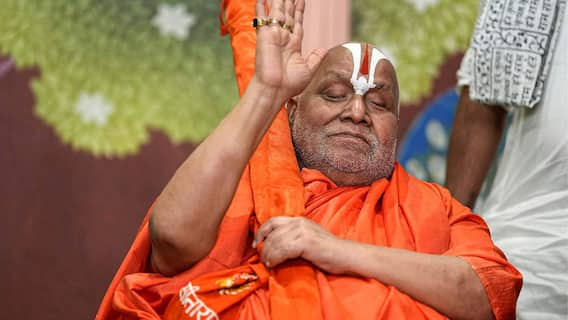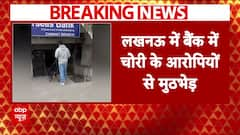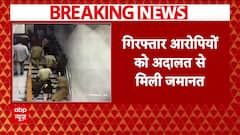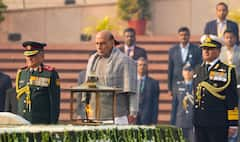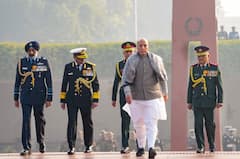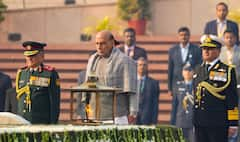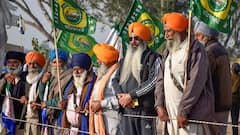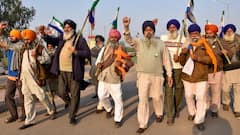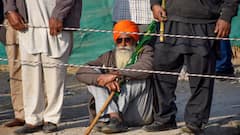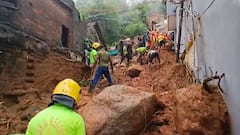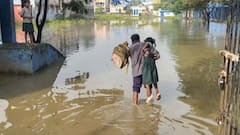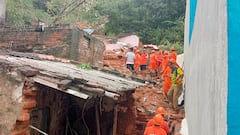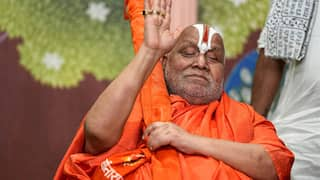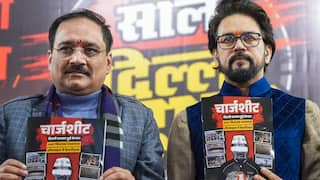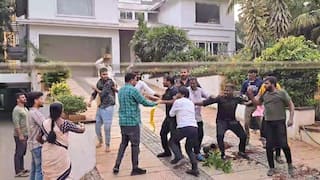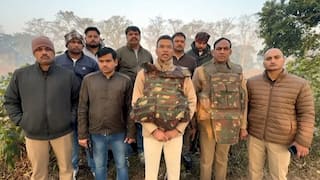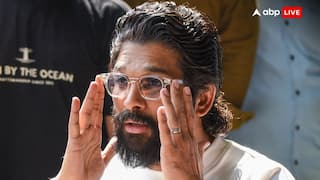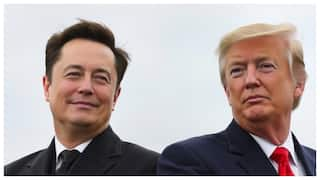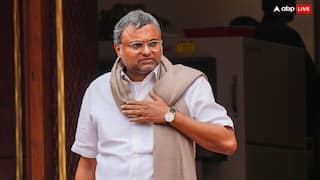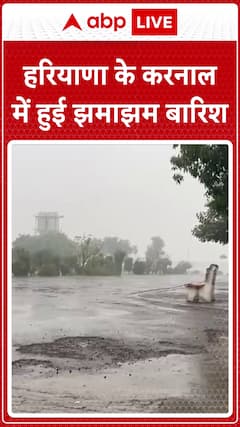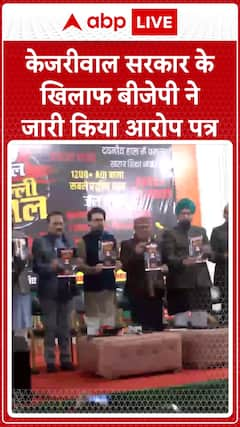SCO Summit: India, China, Russia & Pakistan Get Into Hybrid Huddle On Afghan Crisis - Here's Who Said What
The SCO comprises eight member states, including India, Russia, China, Kazakhstan, Tajikistan, Uzbekistan, Kyrgyzstan and Pakistan.

New Delhi: Members of the Shanghai Cooperation Organisation (SCO), including India, got into a hybrid huddle in Tajikistan for the 21st meeting, with Afghanistan crisis dominating most of the discussions on Friday.
The economic and humanitarian crisis in Afghanistan remains the biggest topical issue of regional and international importance for the SCO gathering, which also includes Indian Prime Minister Narendra Modi, Russian President Vladimir Putin and Chinese President Xi Jinping.
ALSO READ | India Administers Over 2 Cr Jabs In One Day, Sets New Vaccination Record On PM's Birthday
The SCO comprises eight member states, including India, Russia, China, Kazakhstan, Tajikistan, Uzbekistan, Kyrgyzstan and Pakistan. Additionally, Iran, Afghanistan, Belarus and Mongolia are the four observer states while Azerbaijan, Armenia, Cambodia, Nepal, Turkey, and Sri Lanka are the six dialogue partners.
Here's Who Said What At The 21st SCO Meet:
India
Prime Minister Narendra Modi, while addressing the summit, said the global community should decide 'collectively' and 'thoughtfully' on recognising the new set-up in Afghanistan in view of questions over its acceptability as the change of power was not 'inclusive'.
PM Modi even warned that continuing instability and fundamentalism in the war-torn country will embolden terrorist and extremist ideologies all over the world.
Modi reiterated India's stand that Afghan soil should not be used to spread terrorism in any country and called for having a code of conduct to prevent cross-border terrorism and terror financing.
China
Chinese President Xi Jinping urged the international community to extend support to Taliban saying that countries should step up coordination and encourage Afghanistan to put in place an inclusive political framework wedded to moderate policies and resolutely fight all forms of terrorism.
"Withdrawal of foreign troops has opened a new page in its history. But Afghanistan still faces many daunting challenges, and it needs the support and assistance of the international community, particularly countries in our region," Jinping said in his address without naming the Taliban.
Russia
Meanwhile, Russian President Vladimir Putin pointed out that the Taliban-led interim government in Afghanistan is not representative and inclusive, but also stressed that it is essential to work with it.
This is an interim government, as the Taliban themselves say, and it cannot be really called representative or inclusive," he said, adding that there are no members of other ethnic groups in it.
"However, it appears that it is necessary to work with it too. As for recognition, I believe, and I agree with those who spoke about it, that we need to coordinate our stance on the issue," Putin said.
Pakistan
While indirectly supporting Taliban, Pakistan Prime Minister Imran Khan said that a "new reality" has been established in Afghanistan after the Taliban seized power in Kabul and it is now in the international community's "collective interest" to ensure that there is no renewed conflict.
Khan said that the Taliban rulers should make good on their commitments.
"The Taliban must fulfil the pledges made above all for an inclusive political structure where all ethnic groups are represented. This is vital for Afghanistan's stability," he said.
(With inputs from PTI.)
Trending News
Top Headlines





